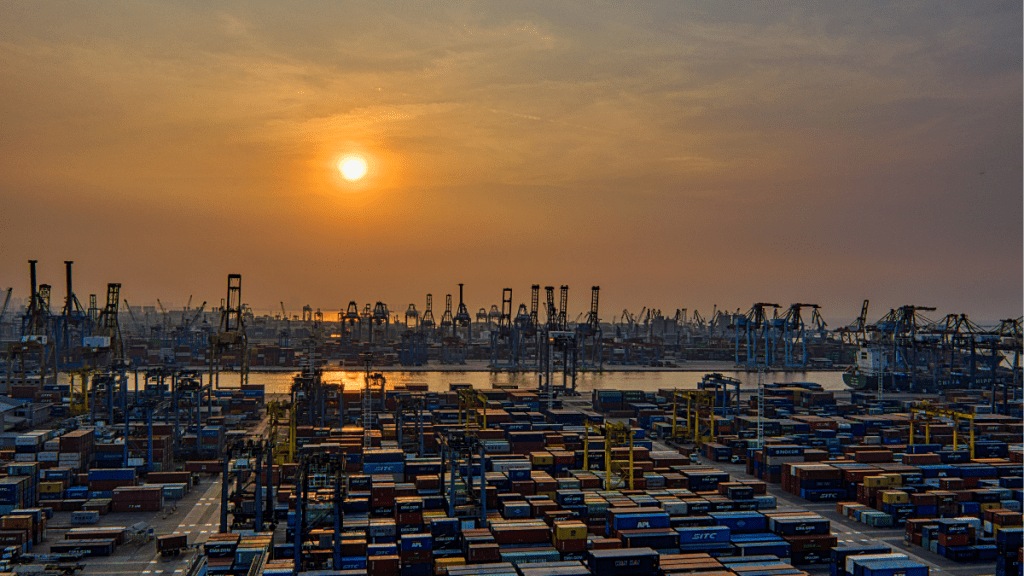Commerce and Industry Minister Piyush Goyal will accompany Prime Minister Narendra Modi to London for the signing of the Free Trade Agreement (FTA) on July 24, an official said Monday.
Modi will be on a two day visit from July 23 to July 24 on the invitation of Prime Minister of UK Keir Starmer.
The conclusion of FTA negotiations between India and the UK was announced on May 6. After the announcement of the deal, legal teams from both sides got down to get the legal text ready for signing.
After the agreement is signed it will be made public. Then it has to be ratified by both countries before it comes into force. The agreements will be signed by trade ministers from both sides.
In the UK the ratification is done by the Parliament and this process could take up to a year. For India the ratification of agreements is done by the cabinet. So it could take up to a year more after the signing for the FTA to become operational.
Tariff cuts
The FTA will remove taxes on the export of labour-intensive products from India such as leather, footwear and clothing, while making imports of whisky and cars from Britain cheaper.
India will remove or reduce tariffs on 90% tariff lines, which will cover 92% of existing goods imports from the UK. The UK will eliminate tariffs on 99% of Indian goods which covers almost all of India’s exports to the US. India also got more visa commitments in the FTA.
Boost to services, FDI, and professional mobility
The FTA also eases mobility for professionals including contractual service suppliers; business visitors; Investors; intra-corporate transferees; partners and dependent children of intra-corporate transferees with right to work; and even independent professionals like yoga instructors, musicians and chefs.
In services the both sides have agreed to provide national treatment (same treatment as domestic companies) in select services including telecom, construction and environment. In banking and insurance India has agreed to commit to 74% Foreign Direct Investment (FDI) limit for companies from the UK. While this FDI limit already exists for other foreign investors too, the commitment in FTA will protect companies from the UK in case the government decides to reduce FDI limits in future. The FTA also gives UK access to government procurement.
